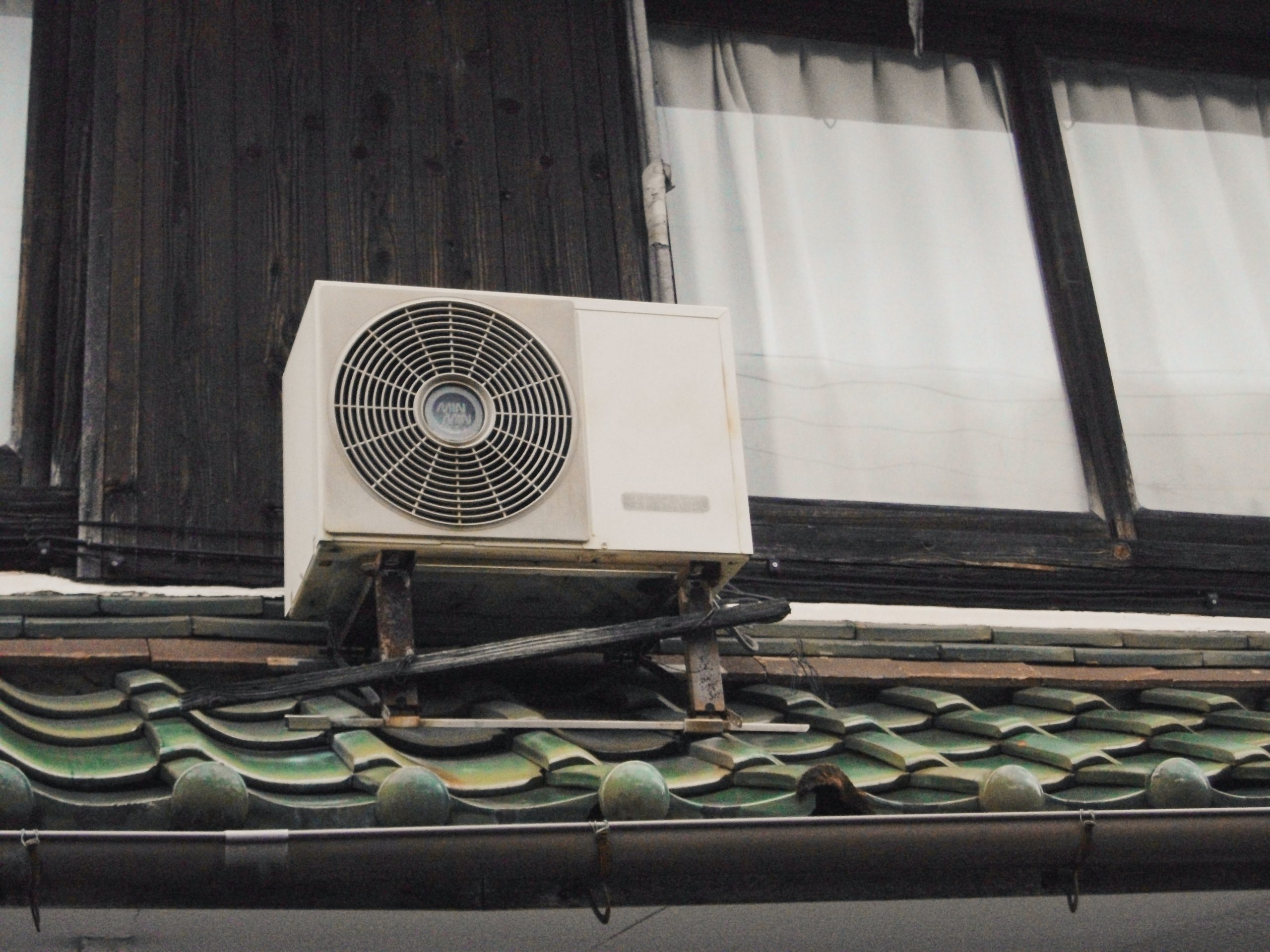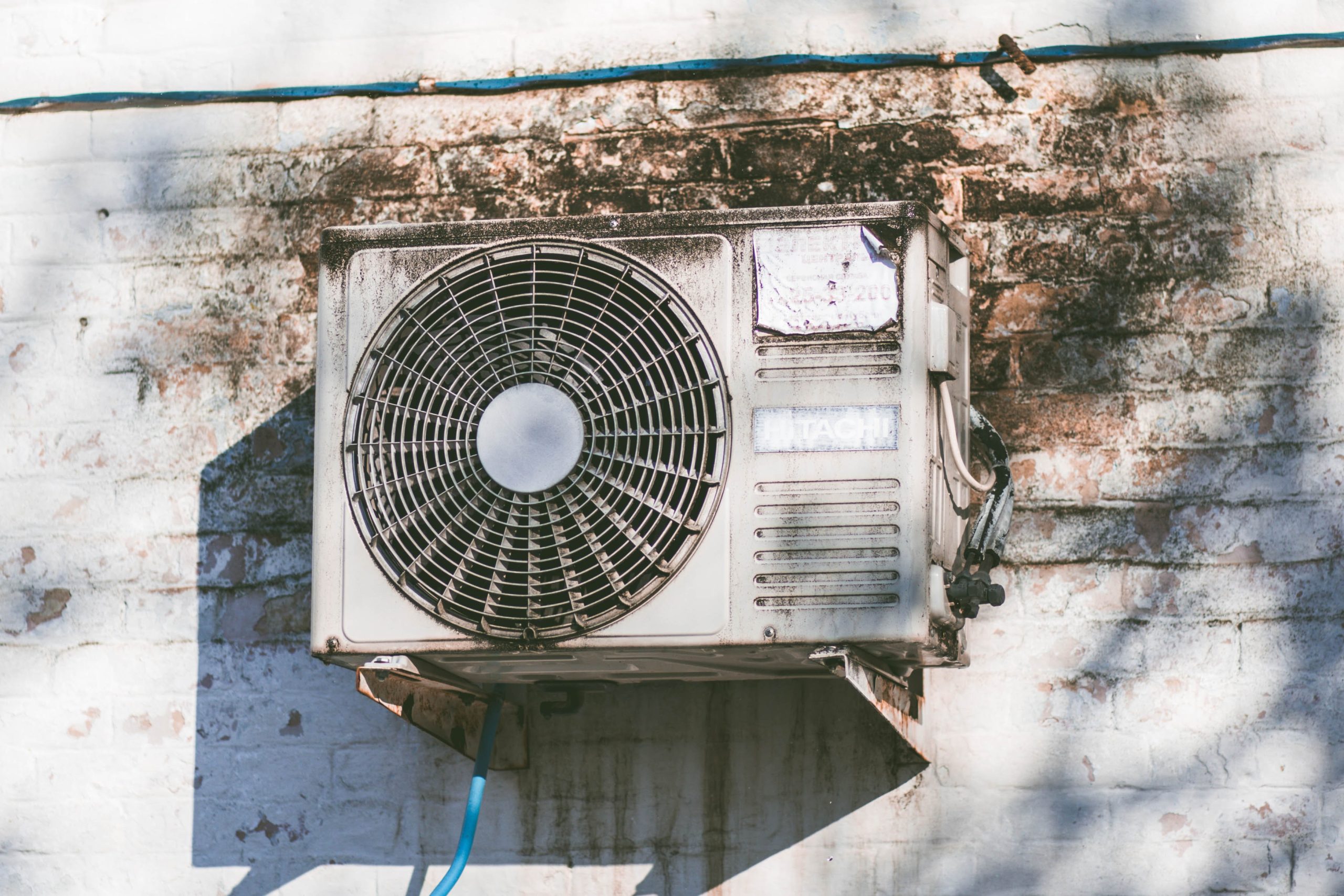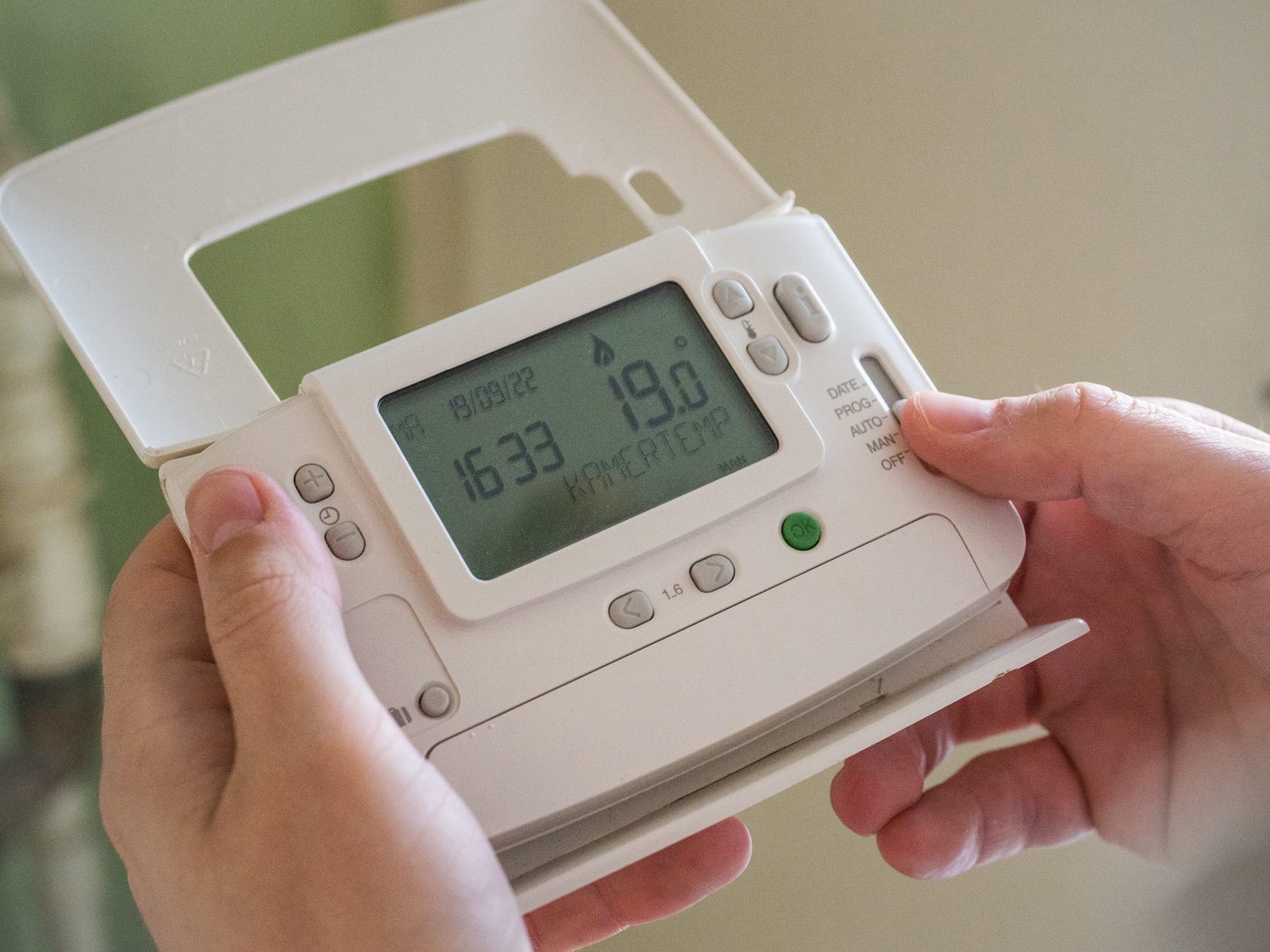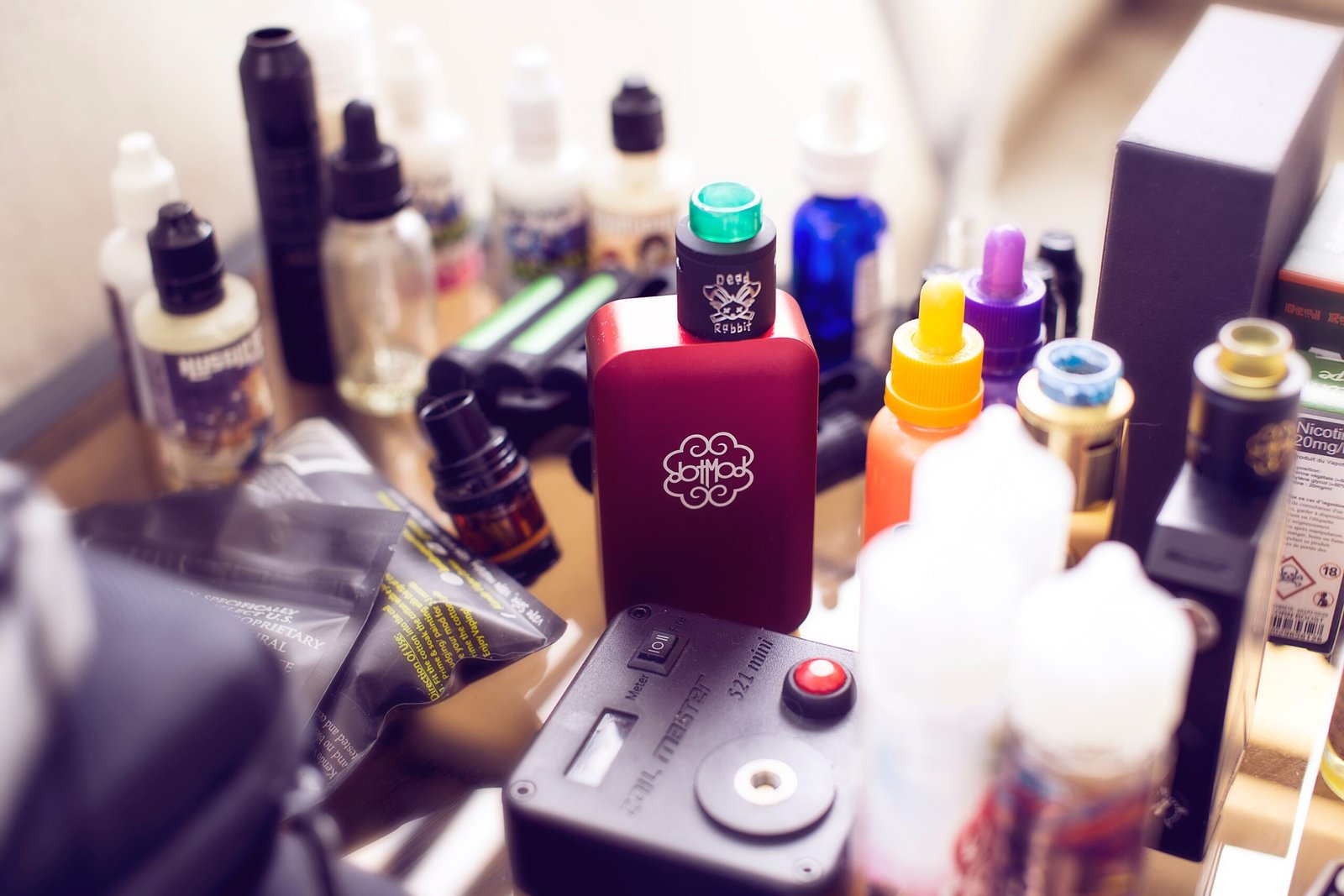When individuals become homeowners, most understand that an AC is an important part of their home system.
But don’t be surprised to find your AC acting up after a long winter, as it’s common for them to develop technical problems due to unuse.

Sadly you might only discover the problem too late when spring has already started. Therefore, it’s essential to understand some problems that your air conditioner might develop.
Due to unseen circumstances, your AC might have worked fine before winter but started acting up after it. That’s when you should consider connecting with heating and AC repair experts in your area to sort out the problems with your AC. In this article, we’ll go over some of the most common problems and quick fixes to address any issues with your AC not working after winter.
6 Common Problems in ACs after winter
The winter season conditions are rough, so, understandably, a system like an AC will break down. If your air conditioner refuses to come out of hibernation, it means it’s developed a problem, and you have to find a way to fix it.
There is an array of common air conditioner problems, and this article will explore those that come with winter weather. Remember that you can avoid some of these problems by following the manufacturer’s instructions on handling an air conditioner during winter. Keep reading to learn more.
Tripped Breaker
A tripped breaker could be the reason why your air conditioner fails. It’s impossible to have tripped it while it was dormant, although it’s one of the issues that may occur. It’s a problem that might happen each time you try to run your AC.
Clogged Filter
It’s common for AC filters to clog after winter. Although it might not trigger the entire system to shut down, it might cause the system to overheat. The filter is most likely to clog if it shares one with the furnace. A furnace actively discussing winter collects a lot of dust and debris, accumulating in the filter.

Emergency Shut off
Another problem that you could solve is a flipped emergency switch. It happens when you unconsciously flit it dusting maintenance. It often occurs after a maintenance check when you pull it down for storage. Cutoff switches are usually in the indoor unit and the air handler.
Clogged Condenser Coil
Ice and debris may clog the condenser coils and cause the compressor to overheat and eventually stop working. Clog and debris also impede airflow, which means the coil remains moist and eventually develops rust.
Noisy Compressor Motor
The condenser fans may also develop problems over winter when it’s inactive. It should spin every time you turn on the system, and the lack of movement signifies a problem. If the fan isn’t working, the compressor probably isn’t either. Listen to the sounds coming from the compressor. A loud bang from it indicates a problem with the compressor motor.
Fan Problems
Although an AC produces some sound, it’s not as loud. Take it as a sign that something is wrong when you turn your AC on and there is a weird sound. A worn-out belt or a dying motor could be the source of a squealing sound.
Quick Fixes for ACS Not Working After Winter
Quick fixes for an AC that won’t work after winter are meats to help you when AC breakdown catches you off guard. The quick fixes below are primarily about ruling out one problem after another. If none of these quick fixes work, then it’s time to call your technician and schedule system maintenance. Remember that your AC runs on electricity, and ensure you are safe when fixing minor AC problems.
Change Filter
The dirt and debris clogging the filter will stop airflow and cause the system to overwork and overheat. Check the filter and change it if it’s blocked, and keep up with future filter cleaning schedules to keep it from clogging down the line.
Check On Fuses and Breaker
Examine your AC and check if the breakers tripped or the fuse is blown. Usually, you can find these parts in the main electrical panel. Endure that the breaker or fuse has not tripped and blown. Changing a blown fuse is easy, but you should consider having a technician do it for safety.
Check Emergency Shutoff Switch
The emergency shut-off switch is usually outside mounted next to the condenser unit. Switch it back on if it is shut off. Your AC unit should start running once you do that.
Switch On Indoor Power Switch
Look near the indoor part of your AC system for a switch that resembles a regular one. Switch it on if it is off for the AC to run.
Unclog Drain Pan and Condensate Line
A clogged condensate line out full drain pan can activate your AC to shut down. Clean the blockage in the condensate line, drain the pans, and see if the systems start running again.
Reset System
Check if your AC system has a reset button, typically outside the condenser unit. Press resist and see if your system stops acting up. Some air conditioning systems don’t have reset buttons. You can rest such a unit by turning it off at the thermostat. Give it a few minutes before running the system.
Set the Thermostat Correctly
The thermostat could be why you are experiencing issues with the air conditioner. Maybe it’s gone through an emergency shut-off because of the settings. It’s easy to resolve this by just setting it on the COOL setting. Set the temperature 5 degrees below the current setting. Your AC should kick in after that.

Summary
It’s given that your air conditioner will develop problems as it gets older. However, some seasons such as winter, tend to be the most problematic for an AC. You can keep your AC from developing issues by taking it down and storing it properly when winter starts.
Although you can quickly fix some AC problems, it is best to allow an expert to fix them. Learn about issues that develop in ACs over winter and see if you can prevent them. That way, you’ll be ready for the next winter season.






